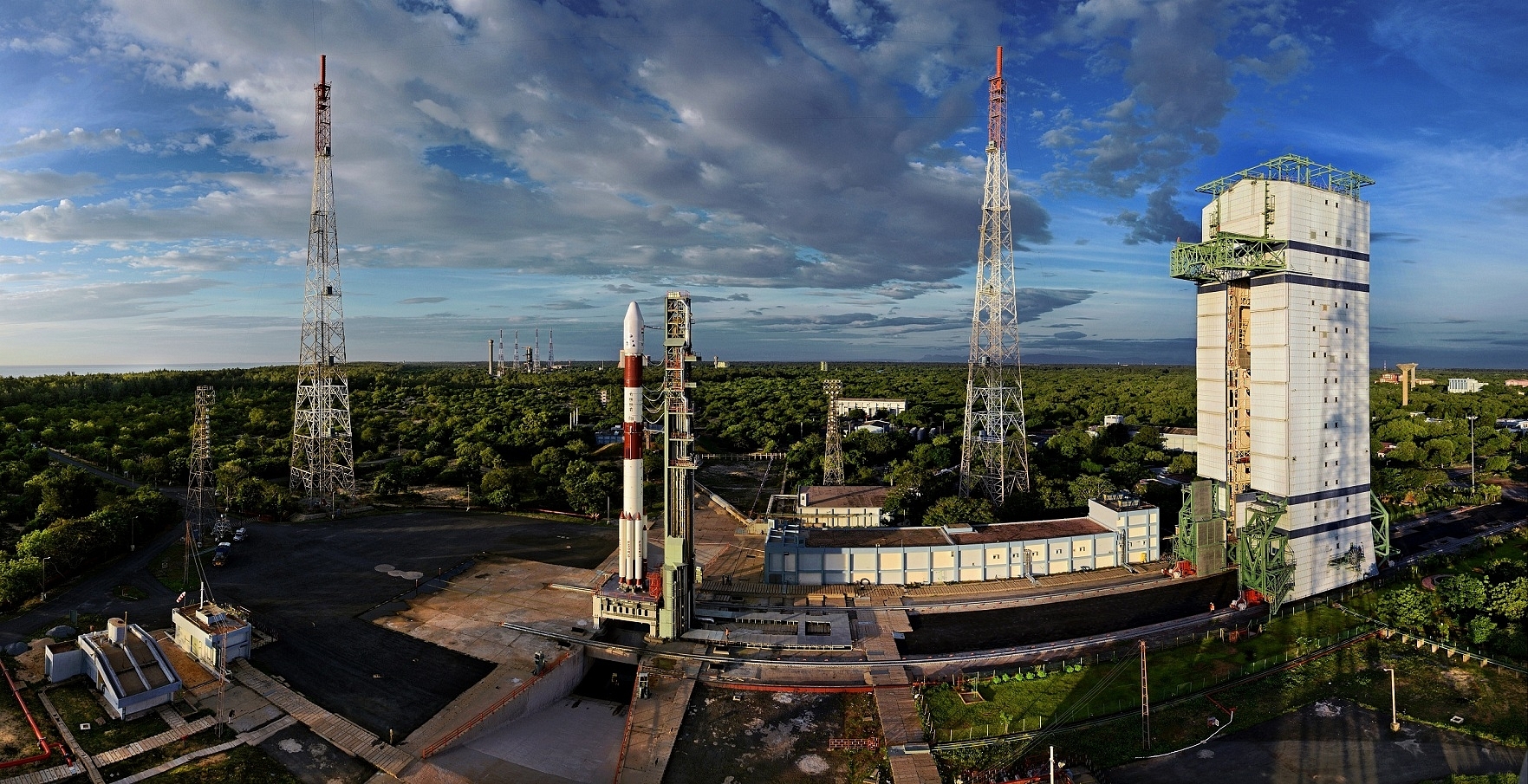Insta
GSLV Mark-III, India’s First Vehicle Capable Of Carrying Humans Into Space, To Be Tested This Month

The Sriharikota launch pad. (ISRO)
The Indian Space Research Organisation (ISRO) is preparing GSLV Mark-III, India's first launch vehicle that could put humans in space. The launch vehicle’s first full flight test will be conducted at the end of this month, the Economic Times has reported. Another fight test of the launch vehicle, capable of placing four-tonne satellites into geostationary orbit, will be conducted by the end of 2017, the daily’s report says.
GSLV Mark-III, which uses India’s fully indigenous cryogenic engine, “is going to be at the frontier for ISRO. It can be used for human flight as well," senior ISRO scientist and Mark-III project director G Ayyappan has said.
More advance versions of the vehicle, that ISRO will subsequently develop, will be capable of lifting satellites weighing up to eight tonnes into geostationary orbit.
Having mastered the science of launching sophisticated satellites into space, ISRO will now set its eyes on developing capabilities and technology required to send humans to space, the Times of India has reported. The agency's aim is to use this technology for docking and docking and berthing. These manoeuvres involve joining of two separate free-flying space vehicles for material transfer in space. It can also be used for refueling of spacecraft.
“The plan is to launch two small spacecraft to test the technology in space. India operates a huge constellation of satellites and this technology will allow ISRO to enhance their lives by refueling them. It will also reduce space debris,” the daily quoted a senior space scientist as saying.
ISRO had also conducted demonstration of the atmospheric re-entry flight developed for the Human Spaceflight Programme. Demonstration was carried out successfully as part of the experimental flight of LVM3 on 18 December, 2014.
Introducing ElectionsHQ + 50 Ground Reports Project
The 2024 elections might seem easy to guess, but there are some important questions that shouldn't be missed.
Do freebies still sway voters? Do people prioritise infrastructure when voting? How will Punjab vote?
The answers to these questions provide great insights into where we, as a country, are headed in the years to come.
Swarajya is starting a project with an aim to do 50 solid ground stories and a smart commentary service on WhatsApp, a one-of-a-kind. We'd love your support during this election season.
Click below to contribute.
Latest